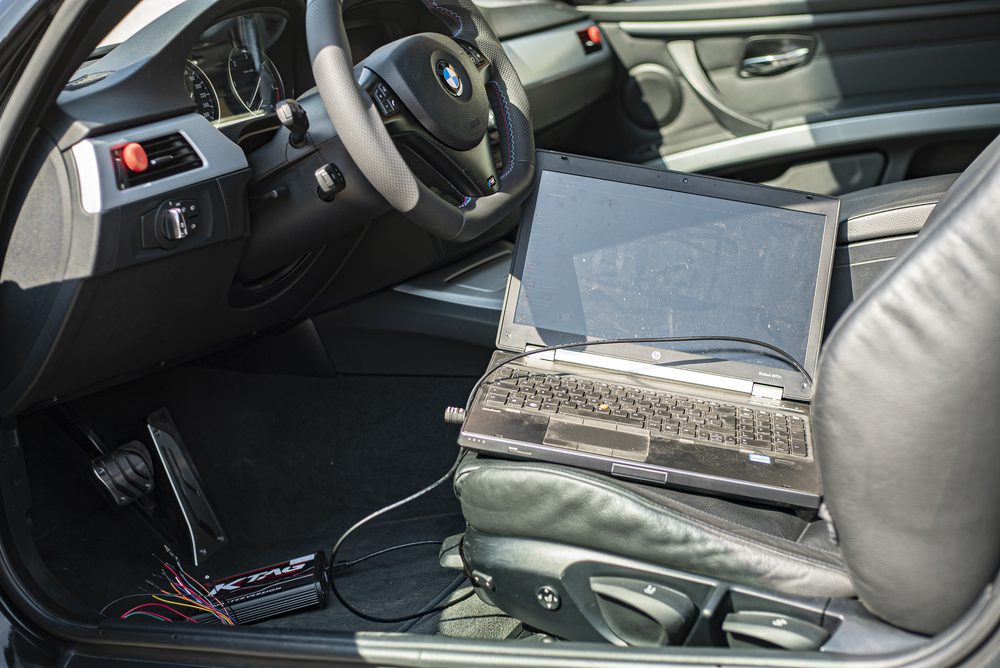P06 ECU – What Car?
Introduction
The P06 Engine Control Unit (ECU) is an essential component in modern car engines, responsible for managing various aspects of engine performance and efficiency. Understanding the role of the P06 ECU and its compatibility with different car models is crucial for car enthusiasts and professionals alike. In this article, we will delve into the specifics of the P06 ECU and explore the car models it is commonly found in.
An Overview of the P06 ECU
The P06 ECU, also known as the Powertrain Control Module (PCM), is a computerized control unit that monitors and regulates various engine functions. It plays a vital role in controlling fuel injection, ignition timing, emissions control, and other critical engine parameters. The P06 ECU ensures optimal engine performance and fuel economy while complying with emission regulations.
Compatibility with Car Models
The P06 ECU is primarily found in Honda vehicles, particularly those manufactured during the mid-1990s to early 2000s. This ECU variant is commonly associated with the Honda Civic and Acura Integra models. It is essential to note that while the P06 ECU may be present in these models, there can be variations within each model year, making it necessary to verify compatibility based on specific vehicle specifications.
Advantages of the P06 ECU
The P06 ECU is highly regarded among car enthusiasts due to its tunability and compatibility with engine modifications. It provides a solid foundation for engine upgrades, allowing enthusiasts to enhance performance by adjusting fuel and ignition maps. This flexibility makes the P06 ECU a preferred choice for those seeking to optimize engine power and torque output.
Modifications and Tuning
The P06 ECU’s compatibility with modifications extends beyond its ability to handle engine upgrades. It is also widely supported by aftermarket tuning software and hardware, which provides car owners with the means to fine-tune their engine parameters. This capability allows for adjustments tailored to individual preferences, whether for performance gains or fuel efficiency improvements.
Common Modifications for P06 ECUs
When it comes to modifications for P06 ECUs, several popular options are worth considering. One common approach is to install a chip or use a programmable interface, such as Hondata or Neptune RTP, which enable direct access to the ECU’s programming. This method opens up possibilities for customizing aspects like fuel maps, ignition timing, and rev limiters.
Another popular modification is the addition of data logging capabilities. Data logging allows users to monitor real-time engine performance and diagnose potential issues. It can be particularly valuable when fine-tuning the engine during aftermarket modifications, providing valuable data to make informed adjustments.
P06 ECU Identification
Identifying a P06 ECU is crucial before proceeding with any modifications or replacements. To verify if your vehicle has a P06 ECU, you can locate the ECU itself within the car’s engine bay. Typically, it is located near the passenger side firewall or under the dashboard on the driver’s side. Once located, check the ECU’s part number, often engraved on a label or sticker attached to the unit.
If the ECU part number contains “P06” or refers to a variant within the P06 family, you can be confident that your car is equipped with a P06 ECU. If unsure about the compatibility of your car model and P06 ECU, it is advisable to consult with professionals or online communities dedicated to your specific car make and model.
Conclusion
In summary, the P06 ECU plays a critical role in optimizing engine performance and efficiency in various Honda models, predominantly the Civic and Integra. Its compatibility with modifications and aftermarket tuning options makes it a popular choice for enthusiasts seeking to enhance their car’s performance. By identifying your ECU and understanding its capabilities, you can make informed decisions regarding modifications and tuning to suit your driving preferences.



